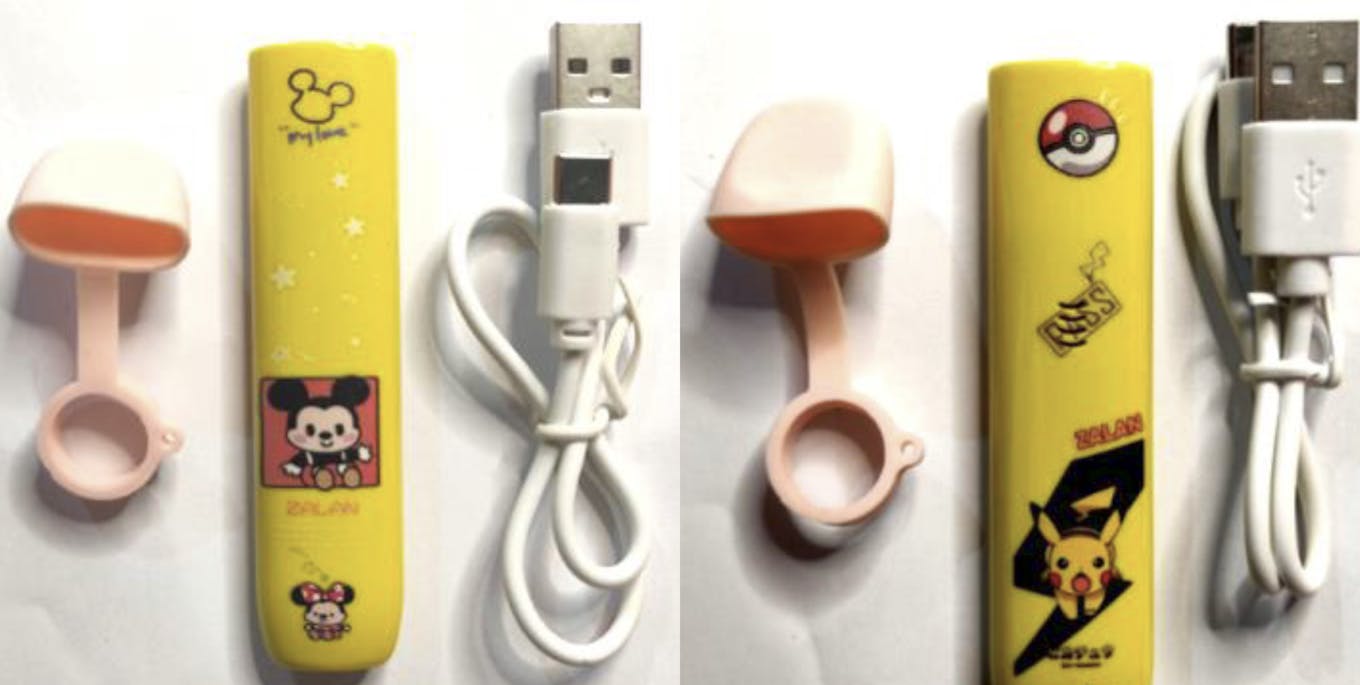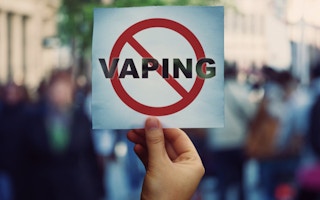Teenagers are important for tobacco companies because once they are hooked on nicotine, they become lifelong customers. US tobacco giant Philip Morris had an internal memo in 1981 that reads, “Today’s teenager is tomorrow’s potential regular customer”.
Tackling adolescent smoking, in those aged 13 to 15 years, is already a big problem in the Philippines, with prevalence at 10 per cent and a pre-teen initiation rate of 12 per cent. Compounding this problem, 14 per cent of Pinoy adolescents use Electronic Smoking Devices (ESDs), with a high of 21 per cent among teenage boys.
The ESD market in the Philippines, estimated to be worth about US$75 million in 2020, is projected to grow to US$115 million by 2023. The ESD market value of just four countries in the Association of Southeast Asian Nations (ASEAN) – Indonesia, Malaysia, Philippines and Vietnam – is expected to increase from US$631 million in 2020 to US$757 million in 2023.
Amid this rapidly booming business scenario, protecting youths from nicotine addiction is paramount. A World Health Organization (WHO) report on the global tobacco epidemic last year stated that there are about 16,000 unique flavours available in some markets, of which more than half appeal to children and adolescents.
A recent survey by anti-smoking advocacy group ASH Philippines on online sales of ESDs found vape products targeting youth with an array of flavours such as strawberry, watermelon, candy, rainbow, mango and lychee ice. They also use popular childhood icons such as Mickey Mouse and Pikachu. These online sales lack any meaningful age verification processes, as also reported by Vera Files.

Pictures from online sales of electronic cigarettes.
Existing Philippine laws to regulate ESDs already provide safeguards to protect public health, particularly youths.
A legislative amendment in early 2020 prohibits sales of ESDs to non-smokers and anyone below 21 years of age. It also restricts flavours to tobacco and plain menthol, and mandates the national food and drug administration (FDA) to regulate the manufacture, import, sale, packaging, advertising, and distribution of these products. A 2019 law on tobacco products also requires graphic health warnings on all ESDs, while a Presidential executive order extended the nationwide smoking ban to cover ESDs.
“
When one country walks back its more progressive tobacco control policies, it hurts progress within its borders and also undermines public health in other nations.
However, a recently approved vape bill, currently awaiting the President’s signature or veto, will reverse these policies and make ESDs more widely available.
The bill lowers the minimum age of access from 21 years to 18 years. It also allows sales to non-smokers, as well as online marketing and trade. It legalises multiple flavours that are attractive to teens, and seeks to replace the FDA with the industry-friendly Department of Trade and Industry as the regulatory agency for these harmful products.
Doctors and public health experts led by the Philippine Medical Association have condemned this bill, referring to it as a ‘betrayal of the Filipino people’. They call it anti-health, anti-youth, and anti-children. Seven former health secretaries were unanimous in their rejection of the vape bill, saying it is a huge step backward in protecting Filipinos’ health, especially in a pandemic.
The vape bill, if approved, has implications beyond the Philippines. It digresses from the ASEAN vision of Healthy Lifestyles and brushes aside the importance of tobacco control in the achievement of our shared Sustainable Development Goals.
Considering the transnational damage brought about by the tobacco industry, controlling the tobacco epidemic – and non-communicable diseases – at scale requires concerted efforts across governments. No government can do this alone. When one country walks back its more progressive tobacco control policies, it hurts progress within its borders and also undermines public health in other nations.
The Philippines agreed to a common regional and global health agenda and should stay true to its agreements, especially its commitments under the WHO Framework Convention on Tobacco Control which it ratified in 2005.
More than 45 countries, including six ASEAN countries – Brunei, Cambodia, Laos, Myanmar, Singapore and Thailand – have already banned ESDs. The ASEAN region is home to 124 million smokers and struggling with the health and economic consequences of the COVID-19 pandemic. The Philippines does not need a new generation of nicotine addicts.
Dr Ulysses Dorotheo is the executive director of the Southeast Asia Tobacco Control Alliance. He is also a member of the World Health Organization’s Civil Society Working Group on Non-Communicable Diseases and the World Heart Federation Tobacco Experts Group.


















